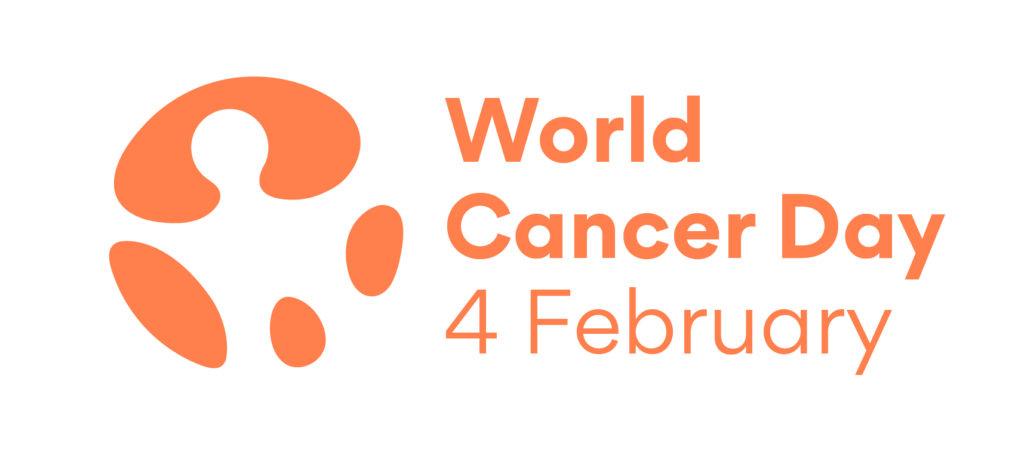
4 February marked World Cancer Day, an annual global campaign calling for equal access to life-saving cancer diagnosis, treatment and care for all.
Research commissioned by Macmillan Cancer Support shows that people living with cancer in London report worse experiences of cancer care when compared to other areas of England[1]. This figure is higher still amongst minority ethnic groups and people living in areas of higher socioeconomic deprivation. These populations are also more likely to be diagnosed with cancer at a later stage when treatment is less successful.
Tackling these issues, alongside the long-term impact of the Covid-19 pandemic and the organic rise in the number of Londoners predicted to be living with and beyond cancer in the coming years, there’s an urgent need to address these inequalities in care.
Key to delivering more fair and equal cancer care to Londoners is partnership working – something that is at the heart of Transformation Partners in Health and Care (TPHC). Our Transforming Cancer Services Team (TCST) works alongside services within the wider NHS family as well as charity and research partners to understand what needs to change in terms of cancer diagnosis, treatment and care and implement strategies and actions for change aligned with three London Cancer Priorities: earlier diagnosis; faster diagnosis; and access to personalised cancer care.
A prime example of this partnership approach is highlighted through a recent collaborative project with colleagues at Epsom and St Helier University Hospitals NHS Trust to carry out a refresh of demand and capacity modelling for endoscopy services to support with capacity planning and validate concerns around the pressures that the services were experiencing. By calculating the capacity needed to deliver the service effectively against a demand baseline to ensure that patients were seen within the target timeframe, the modelling exercise provided evidence that supported the implementation of service improvement plans at the Trust.
You can read more about the Epsom and St Helier project here.
Early diagnosis is one of the key strategic priorities for cancer services in London. We know that when cancer is diagnosed at an earlier stage, it’s more likely to be treated successfully. TCST has been working with partners in north east London to pilot access to Faecal Immunochemical Testing (FIT) in the urgent and emergency care departments at Whipps Cross Hospital and Queen’s Hospital to identify people at higher risk of bowel cancer. More vulnerable sections of the population are at an increased risk of the disease and are also more likely to access care through emergency routes, so health care professionals in urgent care settings are in a good position to spot red flag symptoms that could signal bowel cancer. The pilot is already yielding positive results, with around 50 tests resulting in a small number being referred for further investigation.
Our close charity partnerships are also crucial to reducing health inequalities and improving patient outcomes in terms of the diagnosis and treatment of cancer as well as patient care. TCST has recently secured funding to work in partnership with Macmillan Cancer Support to improve access to personalised care for people living with and beyond cancer, particularly those from communities that are not currently being reached.
Understanding the patient experience of cancer services is crucial to their future improvement. However, evidence from two recent patient surveys showed significant variations in response rates. The National Cancer Quality of Life (QoL) survey in England received a 42 per cent response rate from those identifying as white but only 20 per cent from Black and 23 per cent from Asian communities. In addition, the 2021 National Cancer Patient Experience Survey (NCPES) recorded a 48.6 per cent response rate from those identifying as white, 1.4 per cent for those identifying as Asian and 0.9 per cent from those identifying as Black.
Health inequalities aren’t restricted to ethnicity. A recent analysis of health inequalities and Holistic Needs Assessment (HNA) data carried out by South East London Cancer Alliance found that people affected by cancer aged over 85 were least likely to be offered an HNA.
The project with Macmillan Cancer Support will run over three years and will provide an opportunity to gain insights into the patient experience by working with communities and those with lived experience from the very start. These insights will in turn generate recommendations and actions to improve engagement with targeted communities at a national, regional and local level that will deliver benefits for the entire cancer system.
World Cancer Day is an opportunity for us to take stock of how we’re currently working to support more equal access to cancer diagnosis, treatment and care for our communities and act as an impetus for accelerating change to better support Londoners living with and beyond a cancer diagnosis.
[1] Mind the Gap: Cancer Inequalities in London, Macmillan Cancer Support, 2019, pg.4
